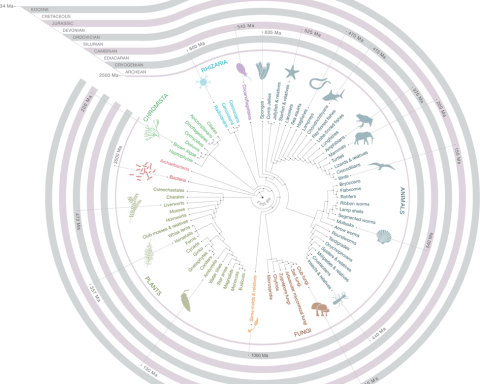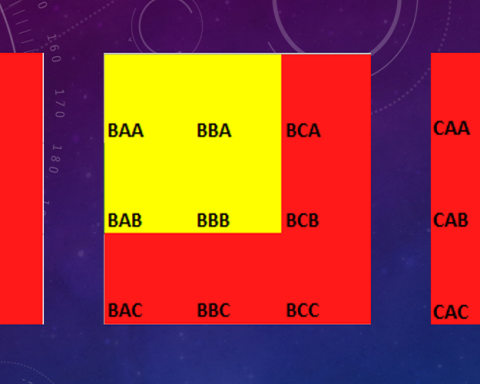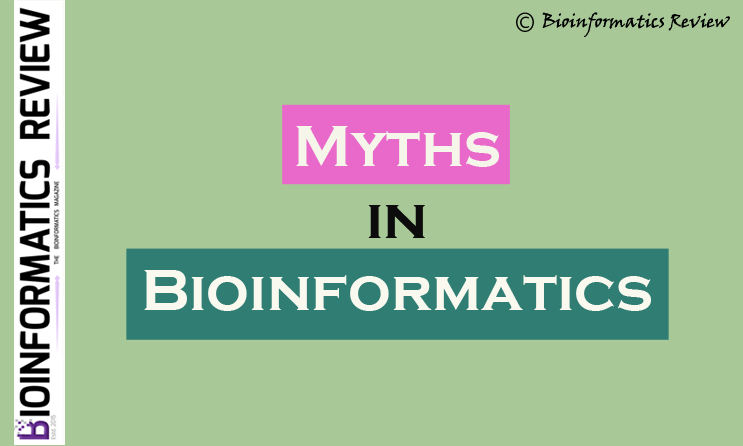By Dr. Prashant Pant, Editor-in-Chief
All the low hanging fruits in sciences have been plucked to kingdom come and it’s time to review the education system. It is about time to inculcate certain very important and fundamental questions in the young minds to take an informed decision regarding their career.
Very recently, an article appeared in Nature on “Reform the PhD system or close it down” by Mark Taylor. This article emphasised on the very fact that most doctoral programs are just producing PhDs like anything and they have very poor absorption rate in Universities/Institutions and in corporate world due to deficiencies of the system and/or of the degree making them find no place. The article also talks about the medieval nature of most doctoral programs which have made them irrelevant and unsustainable with the growing number of PhDs churning out from the Universities all over the world. Two questions come to our mind. One, why this happened, and secondly, where things went wrong and who is to be blamed? Probable answer to the first question lies in the opening statement of this editorial and this was imminent. The second question however is more intriguing and needs discussion. Most doctoral programmes are designed so as to train students to perform research and analyses on a stereotyped mechanism which is not wrong but makes the scholars look at PhD as a lucrative option to get a doctor prefixed in their name without putting much pressure on their grey matter.
PhDs are not about filling pages under five chapters after a couple of years. PhDs are not about stereotype work done scholar after scholar in a laboratory to fulfil the mentor’s desire to become a self-declared expert on a topic. PhDs are (and should be) about questions, and that too, genuine ones. They are (and should be) about beautiful experimental designs attacking the question from all corners and trying to answer it. They are about thinking what, why and how something happens and how that piece of information can be taken further to serve another research question.
Our education system will wake up one day and will introduce revolutionary modifications crashing the dreams of many PhD aspirants. We should not wait for that day to shine upon us rather we should prepare our young minds to start thinking. So the question you should be asking to yourself when you are in your graduation or post-graduation is “Do you have it in you to do research and earn a PhD degree”. If you don’t ask, you are going to repent heavily. If you question everything around you and can work relentlessly to try and answer a question, then PhDs are for you. If you can connect radically different aspects and weave them together into simpler forms, then PhDs are for you.
Science can take you to any part of the world, good or bad, if you are ready for that, PhDs are for you. If you are ready to explore again and again, PhDs are for you. If you can give up other things in life for the sake of the questions, PhDs are for you. One should always remember, it is a (doctoral) degree in philosophy and not in sciences and therefore, more important is the question (that you ask) and the meaning/interpretation of the answer rather than plain science. So, start thinking!!














Yes sir, aptly placed! PhD is for intriguing minds who are always ready to question and explore without settling for established ideas.